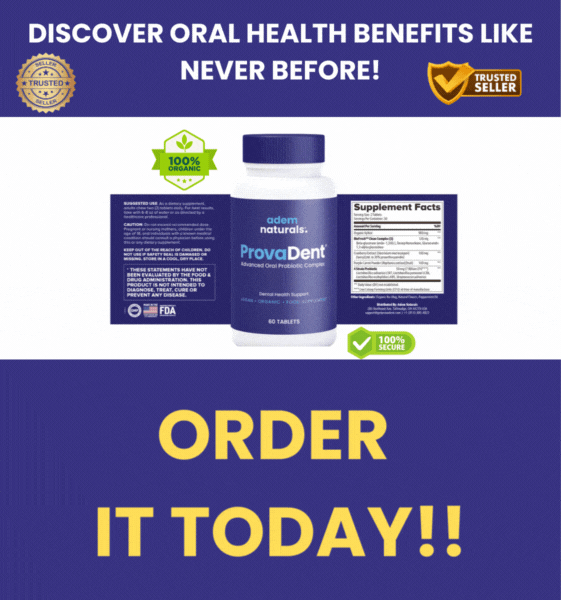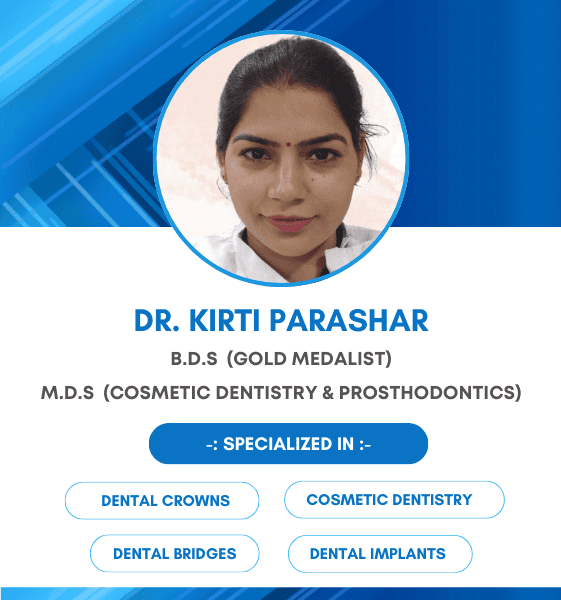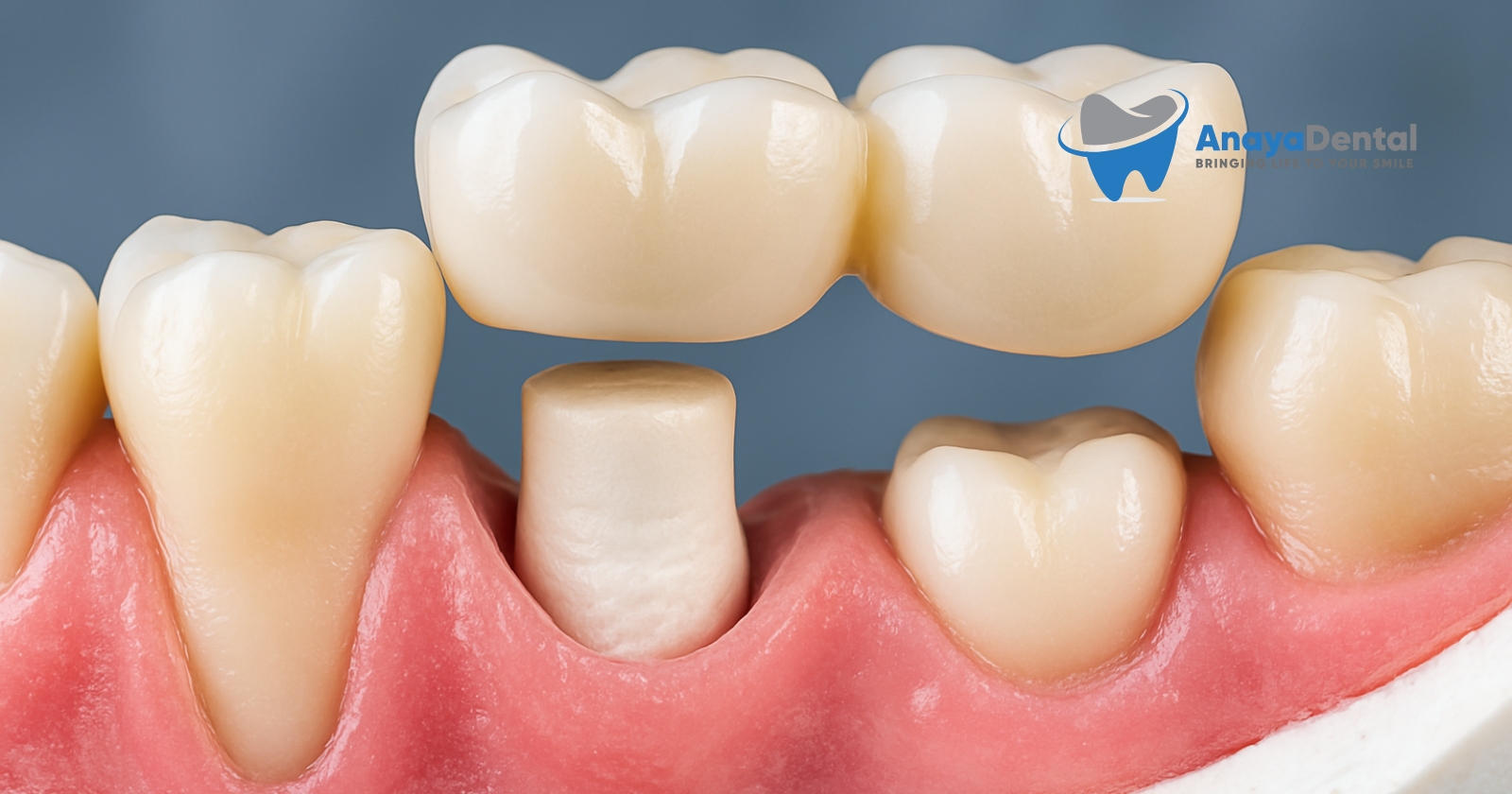As a dental practice manager or patient dealing with fixed partial denture issues, you may have encountered the term “bridge sectioning” and wondered what it entails. This specialized dental procedure, classified under ADA code D9120, offers a cost-effective alternative to complete bridge replacement. Let’s dive into what bridge sectioning is, when it’s necessary, and what you should know about insurance coverage.
What is Bridge Sectioning?
Bridge sectioning (D9120) is a dental procedure that involves strategically dividing a fixed partial denture (FPD) to address localized damage while preserving the functional components. Unlike a complete bridge replacement, this targeted approach minimizes patient costs and reduces chair time.
Think of it as surgical precision for your dental bridge – removing only what’s problematic while saving the healthy parts.
Try Our Dental Calculators
When Is Bridge Sectioning Necessary?
Several clinical scenarios might call for bridge sectioning:
- Pontic Failure: When an artificial tooth within the bridge fractures or debonds
- Abutment Compromise: If decay or periodontal disease affects one of the supporting teeth
- Therapeutic Access: To perform other treatments like root canal therapy or implant placement
Recent studies show that 62% of bridge sectioning cases aim to resolve abutment-related infections, highlighting its importance in modern minimally invasive dentistry.
The Bridge Sectioning Procedure: What to Expect
If your dentist recommends bridge sectioning, here’s what the process typically involves:
- Comprehensive Evaluation: Your dentist will conduct radiographic analysis, occlusal examination, and check material integrity
- Anesthesia and Isolation: Local anesthesia ensures comfort, while rubber dam placement prevents debris
- Precise Division: Using specialized tools, the dentist creates controlled cuts at specific junction points
- Fragment Removal and Restoration: The damaged section is carefully removed, and remaining components are preserved
Many practices now employ advanced techniques like piezoelectric saws for certain bridge materials, which reduce heat generation by 40% compared to traditional methods.
Cost Considerations and Insurance Coverage
The cost of bridge sectioning varies by region:
| Region | Typical Fee Range |
|---|---|
| Northeast | $225–$300 |
| Midwest | $180–$250 |
| West Coast | $275–$350 |
For insurance purposes, proper documentation is crucial. Your dental office must clearly identify:
- Which components are being preserved
- The specific rationale for sectioning rather than replacement
- Any additional procedures being performed simultaneously
Be aware that 34% of insurance providers require pre-treatment radiographs for approval, so pre-authorization is strongly recommended.
Bridge Sectioning vs. Complete Replacement
When weighing your options, consider these compelling statistics:
- Bridge sectioning costs approximately 2.7 times less than complete replacement
- Sectioned bridges show a 10-year survival rate of 89% versus 78% for full replacements
- Patient satisfaction reaches 94% for bridge sectioning procedures
Potential Complications and Long-Term Outcomes
Like any dental procedure, bridge sectioning carries some risks:
- Abutment Fracture: Occurs in 5-8% of cases, primarily in molars
- Occlusal Discrepancy: May require adjustment after the procedure
- Pulp Necrosis: Rare (1.2% of cases) but manageable with preventive care
Despite these potential complications, the long-term prognosis is excellent. With proper technique and appropriate case selection, bridge sectioning represents a predictable, cost-effective solution for many patients.
Conclusion
ADA code D9120 for bridge sectioning represents an important tool in modern dentistry’s arsenal. It allows for targeted rehabilitation with predictable outcomes while maximizing the lifespan of your dental work. If you’re facing issues with a dental bridge, discuss with your dentist whether sectioning might be an appropriate solution for your specific situation.
Always ensure your dental office properly documents and codes this procedure to maximize insurance benefits and minimize out-of-pocket expenses.


